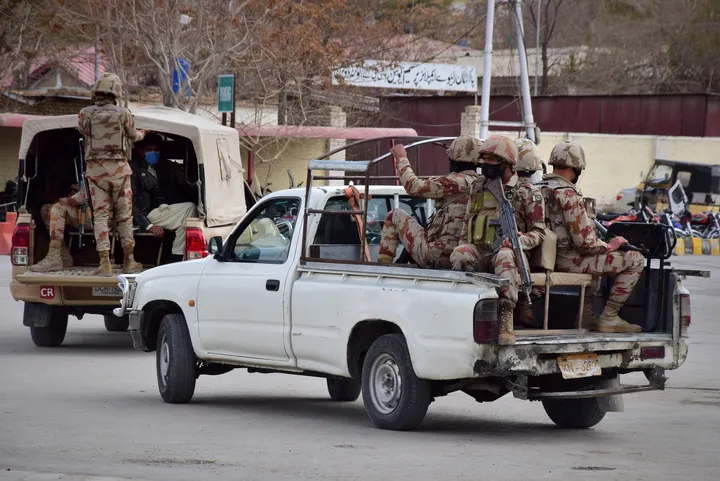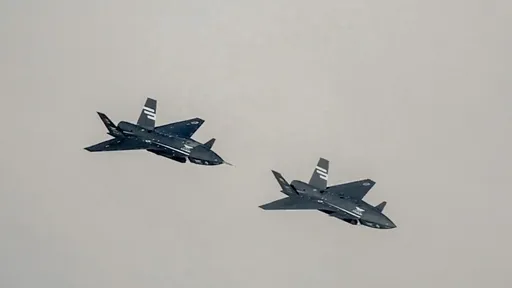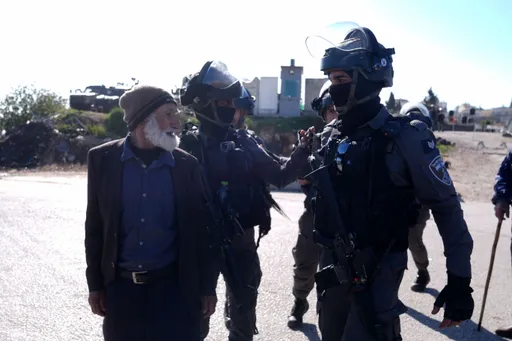With more than 90 percent of votes from Iraq’s elections on Saturday counted, the results signal a victory for the Sairoon Alliance, a coalition led by Muqtada al Sadr who ran on a nationalist platform.
Many Iraqis view the Shia cleric's victory with hope, but countries like Iran and the US are wary of his platform, which included criticising foreign influence.
Iran, which has significant influence in Iraq, publicly stated before the election that it would not allow Sadr's bloc of Shias, communists and other secular groups to govern.
On Wednesday, Iranian Major General Qassem Soleimani held talks politicians in Baghdad to promote the formation of a new Iraqi cabinet which would have Iran's approval.
But Sadr's alliance tries to cross the ethnic and religious divide. Incumbent Prime Minister Haider al Abadi, who came in third place despite having driven the war against Daesh, has expressed plans to work with Sadr, giving Iraqis hope.
TRT World’s Ash Gallagher reports from Baghdad.























